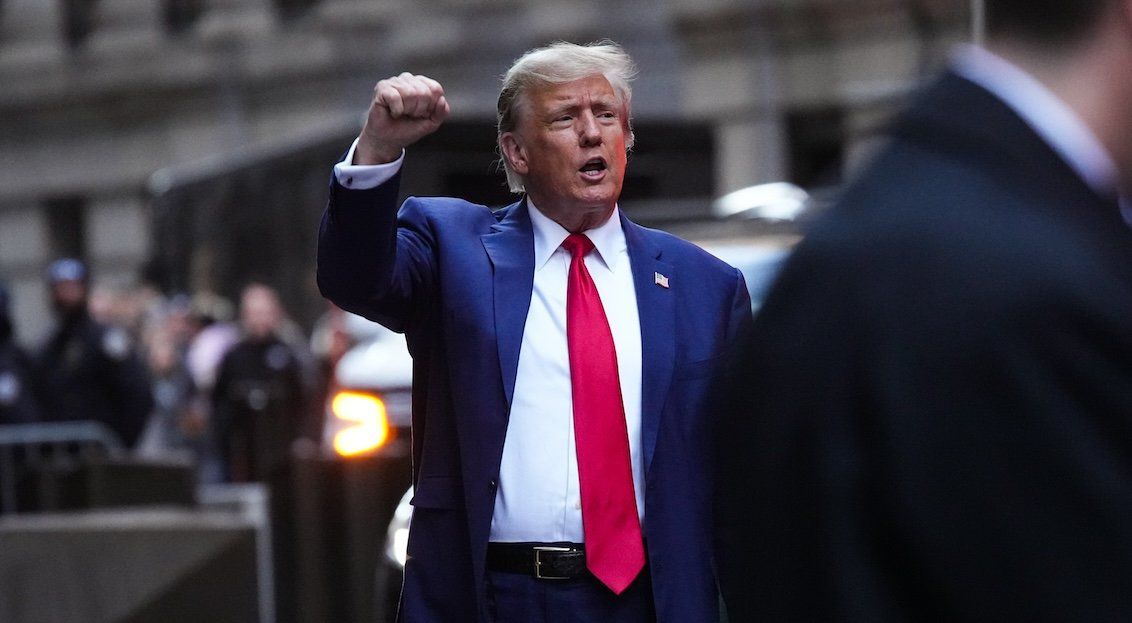Donald Trump’s victory in the US presidential election puts the country in an unprecedented position. He’s the first convicted felon to win the presidency and was elected to the nation’s highest office while facing multiple criminal cases at the federal and state level. Trump’s win likely means these criminal proceedings will end or be delayed for years.
It’s against Justice Department policy to prosecute a sitting president, and officials are reportedly already taking steps to wind down the federal cases Trump faces that were brought forward by special counsel Jack Smith — one regarding Trump’s alleged efforts to overturn the 2020 election results and another for holding on to classified documents after leaving office.
Trump, who has consistently dismissed these cases as being politically motivated, has pledged to fire Smith “within two seconds.” But Smith and his team reportedly plan to resign before Trump’s inauguration in January.
Trump could theoretically pardon himself in federal cases, but not those at the state level. He was convicted of 34 felony counts in New York earlier this year in relation to a hush money payment he made to former adult film star Stormy Daniels and is awaiting sentencing.
Sentencing in that case was set to occur on Nov. 26, but it’s now up in the air. It’s possible the judge could wait until Trump leaves office to move things forward or dismiss the case entirely. Even before his election win, legal experts doubted Trump would get prison time given he’s a first-time offender and this wasn’t a violent crime. Under the law in New York, Trump faces a number of possible sentences, including up to four years in prison, a fine, or probation.
Trump’s lawyers have made the case that the verdict should be thrown out based on the Supreme Court’s decision granting presidents immunity for official acts. His attorneys have also pushed for the case to be moved to federal court, which could make it easier for Trump to kill it.
The other state-level case Trump faces is in Georgia and concerns his alleged efforts to overturn the 2020 election results in the southern state. This case is in limbo as an appeals court considers whether to disqualify Fulton County District Attorney
Fani Willis from prosecuting it over a previous romantic relationship she had with a prosecutor on her staff. Trump’s electoral win raises the possibility of more delays, and his lawyers are laying the groundwork to
push for the case’s dismissal.
